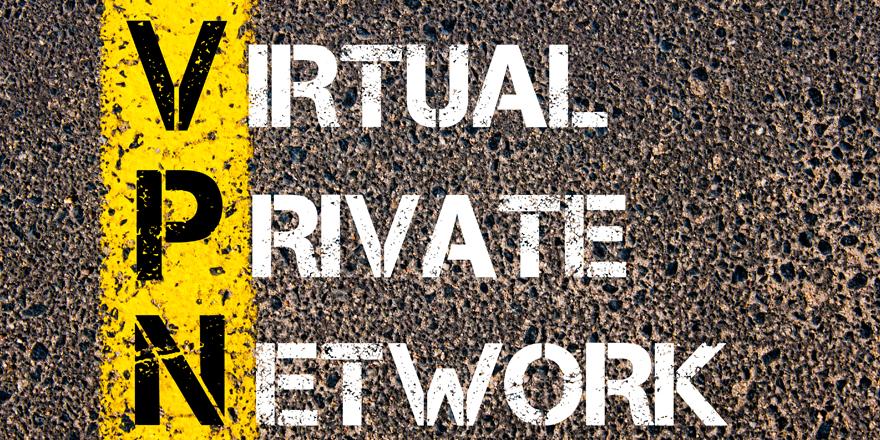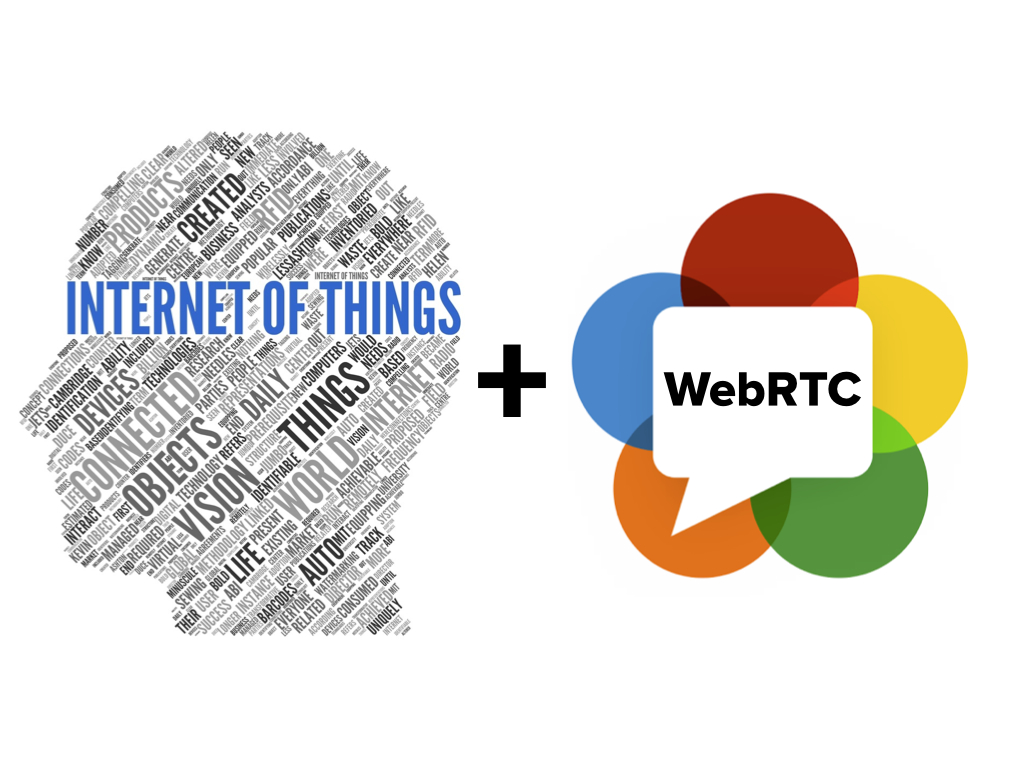Why free VPNs, proxies, and anonymizers are such a bad option

The secure Internet surfing has always been a problem, and many users try to solve it with the help of various free services that are abundant today. There are free anonymizers, proxy servers, and even VPN services in the form of browser plugins (extensions). Such solutions have their pros, but also many cons, and you need to know them.
Take such a popular VPN extension as Zenmate. If your only goal is open a site blocked by your ISP (Internet service provider), Zenmate could work, but there are plenty of “but’s.” First of all, your Internet work will get considerably slower. Free VPN services are popular, but it has its price: too many people use them, while their resources are limited (due to their being free). The result is very slow – and sometimes even impossible – Internet surfing. This is aggravated by the fact that your ISP can limit or throttle your VPN traffic, which is often done in the most unexpected way.
Secondly, it is very likely that Zenmate will stop working at all since your ISP (or your network administrator) or authorities are well-informed about free VPN services and know how to disable them. Even if such a service keeps working, its functionality may be limited: you may wake up and discover that email, torrents, VoIP, or some other service you need just won’t work.
If you want serious privacy, free VPN services are a big no-no, and not just because they willingly cooperate with authorities. For example, Zenmate requires that you register and send them your email. The fate of your email after it is totally obscure. As you may understand, if you explicitly reveal your email, no anonymity is ever possible.
Not just Zenmane, but virtually all free VPNs have so many serious issues that they are utterly incapable of any serious work. They keep logs (records of users’ activities), their connection is unstable and prone to drops, high speed is by no means guaranteed. Some ISPs hunt for free VPNs – and their users too – to block them. User agreements of such services are often disadvantageous for users, which the latter may not even know. These agreements may contain such cunning clauses as handing out other services logins and passwords or the right to sell your data to third parties. Infecting your machine with viruses and other malware is far from impossible. There were cases when VPN services stole their users’ bank credentials and other financial data.
Full-scale free VPN services plainly don’t exist since they need money to service. Any “free” service is actually a shareware: it heavily promotes its own paid version while putting ads front and center.
What about anonymizers?
Anonymizers are even worse. To start with, the history doesn’t know a single proven, fast, and ad-free anonymizer. Just ask anybody who used to spend hours seeking for a “normal anonymizer” just to find nothing.
A common feature of all anonymizers is absent pictures on a page, impossibility of downloading or viewing videos, and many other content defects. Even if you are ready to handle all this, get ready to see your favorite anonymizer go offline or just shutting off completely one day. Seeing a big banner on every page is the least of all evils. Like free VPNs, anonymizers keep logs and save all user activity including passwords on pages. Is all of this worth the paltry saving that free anonymizers may offer?

 Русский
Русский English
English




